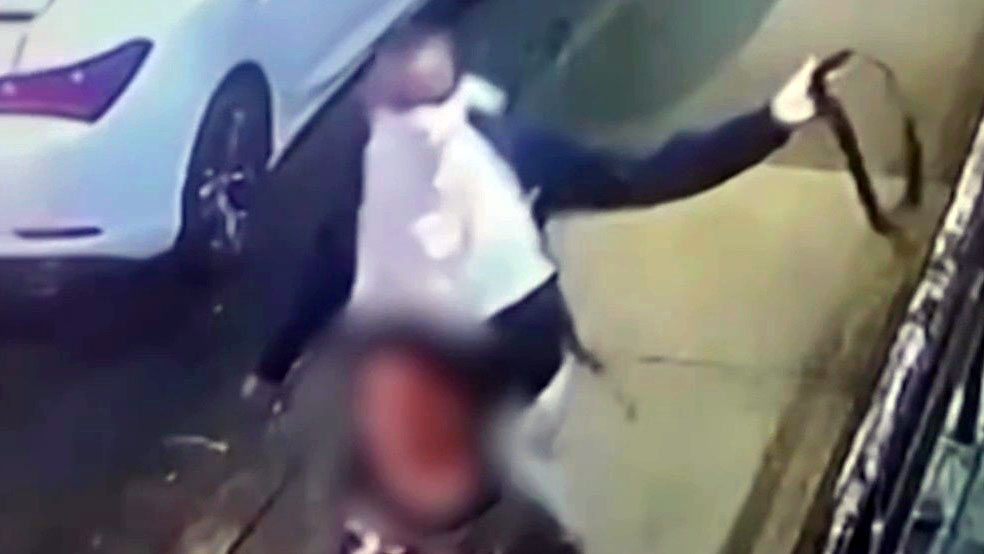Days after telling Instagram fans he'd recently been diagnosed with Ramsay Hunts syndrome, a rare neurological condition that can cause facial paralysis and hearing loss, Justin Bieber postponed two upcoming Madison Square Garden shows.
The Grammy winner was set to perform back-to-back shows at the Manhattan arena on June 13 and 14 after rescheduling his 2021 tour stops in New York City.
"Due to Justin's ongoing medical situation, this week's Justice Tour shows at Madison Square Garden in New York City will be postponed," a statement said Sunday.
The 28-year-old shocked fans when he delivered the news Friday with only a handful of dates left in his Justice World Tour.
Get Tri-state area news and weather forecasts to your inbox. Sign up for NBC New York newsletters.
"It is from this virus that attacks the nerve in my ear and my facial nerves and has caused my face to have paralysis," he said. "As you can see, this eye is not blinking. I can't smile on this side of my face. This nostril will not move."
Ramsay Hunt syndrome occurs when a shingles outbreak attacks facial nerves near the ear, potentially causing facial paralysis and hearing loss, according to The Mayo Clinic and other resources. It's in the orthopoxvirus family, which is also responsible for the viruses that cause chickenpox and monkeypox.
News
"Justin is receiving the best medical care possible and is determined to resume the tour as soon as he and the doctors feel he is able to continue," the statement continued.
Ticket holders will be notified of new tour dates shortly.
Ramsay Hunt syndrome affects about five of every 100,000 people in the U.S., according to a WebMD citation of the National Center for Biotechology Information. The condition accounts for about 7% of all acute facial paralysis cases, it says.
Treatment options include antiviral drugs, corticosteroids, anti-anxiety medications and pain relievers. The pain might be too severe for over-the-counter medication to address, according to the Mayo Clinic, which may require prescription pain medication.



